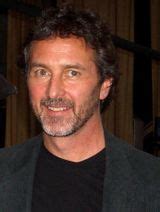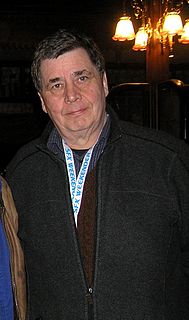A Quote by Nathaniel Philbrick
More than 25 miles off the coast of Massachusetts and only 14 miles long, Nantucket is, as Herman Melville wrote in 'Moby-Dick,' 'away off shore.'
Related Quotes
I think I was just trying to coast and you can't coast and try and win at the same time, you know? It'll be three years now since those wins, but the last couple of years I've just really been trying to put my miles in, get them up there to 80 miles a week, 90 miles a week and put the work in again.
To me the biggest waste of time is commuting. First, there is no place that is less than a two-hour commute from New York. You can be half a mile outside of the city limits; you're two hours away by car. I don't care how close they tell you it is. "Oh, it's only thirty miles." Thirty miles? At 8:30 in the morning, thirty miles outside New York, you might as well be starting out in Omaha.
Distance changes utterly when you take the world on foot. A mile becomes a long way, two miles literally considerable, ten miles whopping, fifty miles at the very limits of conception. The world, you realize, is enormous in a way that only you and a small community of fellow hikers know. Planetary scale is your little secret.
The thing to keep in mind is that we're still in the very early days when it comes to the search for extraterrestrial intelligence. Saying there's a silence is a bit like if Columbus, looking to discover a new continent, only sailed 10 miles off the coast of Spain before turning back to say, 'Nothing out there!'

































